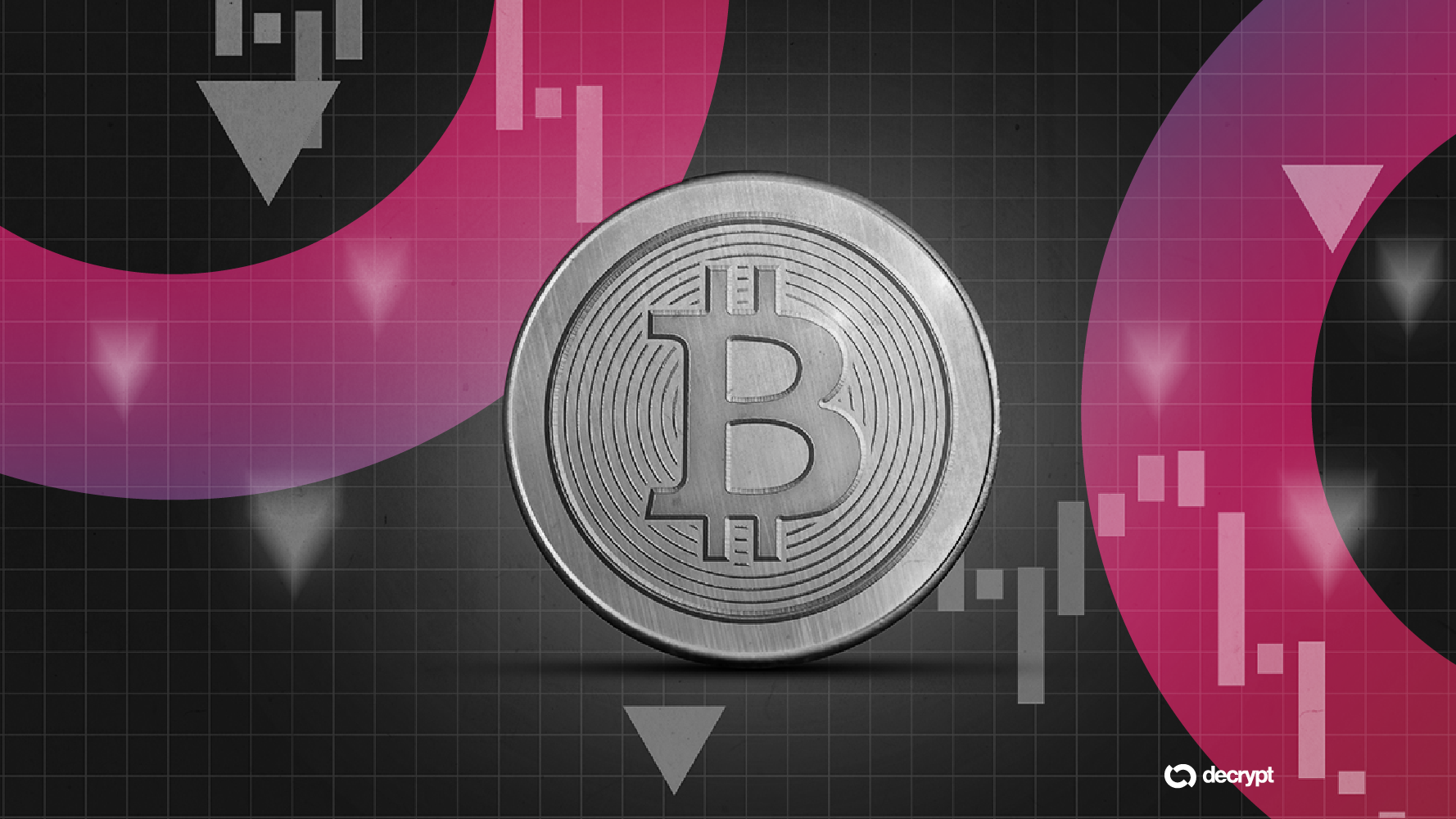The US Senate Agriculture Committee has introduced a new draft bill that finally defines what counts as “digital commodities” and what qualifies as “investment contracts.”
Released on Monday by Senator John Boozman of Arkansas and Senator Cory Booker of New Jersey, the bipartisan proposal outlines how regulators plan to manage the fast-growing crypto market.
Cody Carbone, CEO of the Digital Chamber, called it “the most consequential roadmap for how an institution is going to integrate digital assets into their business.”
Cody said it’s a complete compliance manual for firms trying to understand what regulations they need to follow to legally operate in crypto.
The bill, as reported earlier by Cryptopolitan, also builds a structure for how financial institutions can safely engage with crypto, setting the stage for formal oversight instead of the usual regulatory tug-of-war.
Bitcoin and Ether declared digital commodities in new crypto bill
The Senate’s crypto bill classifies Bitcoin and Ether as “digital commodities,” giving the Commodity Futures Trading Commission (CFTC) full authority to regulate them, a direct jab at former SEC chairman Gary Gensler position while he was in office.
That designation is actually a really big deal for banks and funds that want to move crypto holdings into long-term strategies.
By making this distinction, the Senate Agriculture Committee effectively splits the market into two worlds; regulated and unregulated. Tokens under regulation are expected to attract heavy institutional capital, more liquidity, and larger derivative markets.
Unregulated tokens, on the other hand, will likely face pressure as investors flock to assets with clearer protections.
The bill also forces crypto companies to separate their exchange, brokerage, custody, and trading operations, breaking apart the all-in-one model that’s been the norm in crypto for over a decade now.
The draft also allows the CFTC to work jointly with the Securities and Exchange Commission (SEC) to issue new rules for crypto oversight. Cody said, “There’s a lot more power or authority delegated to the CFTC to have jurisdiction over this industry.” This marks a reversal of roles since the SEC had taken the lead for years, edging the CFTC out of the spotlight.
Another section authorizes the CFTC to charge fees from registered crypto entities (such as exchanges, brokers, and dealers) to fund its supervision, registration, and public education duties. It’s a self-funding mechanism that reduces reliance on Congress for oversight money.
The draft also introduces listing standards, requiring that crypto exchanges only allow trading of tokens that are “not readily susceptible to manipulation.” The goal is to protect investors from scams and rug pulls that continue to plague parts of the market.
The Senate Agriculture Committee has clarified that the bill is still a discussion draft, not a final version. Lawmakers plan to gather public and industry feedback in the coming weeks, but Cody admitted it’s “almost impossible to get [a final version] done by the end of the year.”
Key sections, such as anti-money-laundering and decentralized finance (DeFi) rules, are still open for revision.
Keith Grossman, president of MoonPay, said the bipartisan nature of the bill shows that “crypto is a bipartisan issue.” Keith stressed the need for lawmakers to clearly differentiate between centralized and decentralized systems.
This draft will eventually merge with the Senate Banking Committee’s version of the market structure proposal to create a single comprehensive crypto framework.
Craig Salm, Chief Legal Officer at Grayscale, said regulators like the SEC, IRS, and Treasury Department have already made progress by offering new guidance on staking in crypto exchange-traded products.
Craig added that “thoughtful legislation will be critical to solidifying the foundation of the crypto industry in the U. S. and unlocking even greater value for investors and consumers.”
Get seen where it counts. Advertise in Cryptopolitan Research and reach crypto’s sharpest investors and builders.
Source: https://www.cryptopolitan.com/us-senates-crypto-bill/


